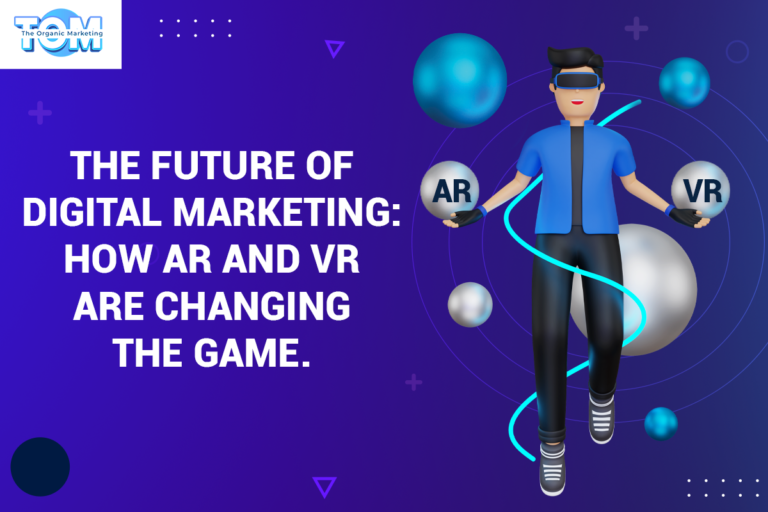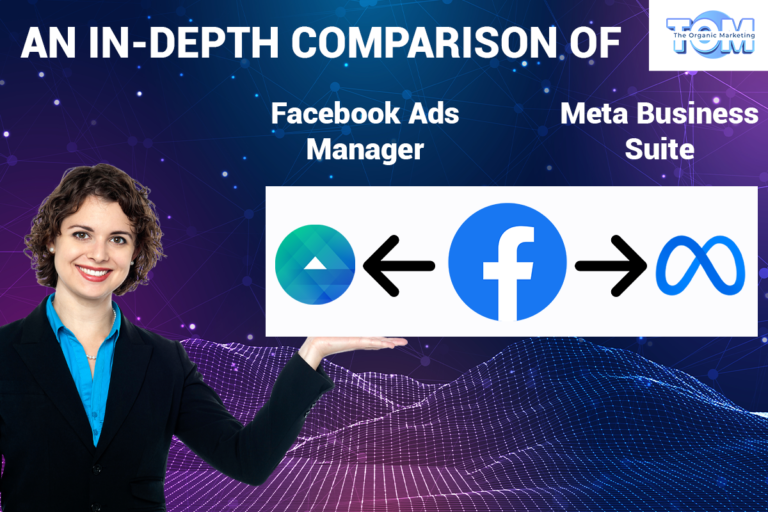A Comprehensive Introduction to AI (Artificial Intelligence)
Artificial Intelligence (AI) has emerged as a revolutionary field in the realm of technology, shaping the way we live and interact with the world. With its rapid advancements and growing applications across various industries, AI has become a buzzword that captures both intrigue and apprehension. In this article, we will delve into the intricacies of AI, exploring its definition, components, applications, and potential impact on society.
How to define Artificial Intelligence (AI)?
Artificial intelligence is the replication of human intellect in devices that are trained to reason, pick up new information, and solve problems similarly to people. It includes a wide range of technological innovations, such as robots, computer vision, natural language processing, and machine learning. Massive volumes of data may be analysed by AI systems, which can also spot patterns and take independent actions.
Aspects of AI
ML or Machine Learning
A branch of artificial intelligence known as machine learning (ML) allows computers to learn from data without explicit programming. Large datasets are used to train algorithms so they can find patterns and make predictions or choices.
Processing of Natural Language (NLP)
The goal of NLP is to make it possible for computers to comprehend and interpret human discourse. It involves activities including sentiment analysis, language translation, and speech recognition.
Computing Vision
Machines can analyze and comprehend visual data from pictures or movies thanks to computer vision. It has uses in autonomous cars, object detection, and facial recognition.
The Field of Robotics
Robotics mixes physical machinery and AI to give them the ability to see and engage with the real environment. Robots may be designed to work alone or with people in a variety of fields.
Applications for Artificial Intelligence
- Health Care: AI helps with illness diagnosis, individualized treatment strategies, and medication development. It also makes it possible for the creation of robotic surgery systems and intelligent medical equipment.
- Financial management: Algorithmic trading, fraud detection, and risk assessment are all made easier by AI algorithms. Customer service in the banking and insurance industries is streamlined by chatbots and virtual assistants.
- Travel: Autonomous cars, traffic flow optimization, and maintenance forecasting all benefit from AI. Additionally, it drives ride-sharing websites and algorithms for route optimization.
- Production and Manufacturing: AI improves quality control, predicts equipment faults, and streamlines production processes. Robots can do repetitive jobs more quickly and efficiently by automating them.
- Learning: Intelligent tutoring programs, automated grading, and personalized learning experiences are all made possible by AI. In order to pinpoint learning gaps and customize instructional content, it may analyze student data.
- Service to Clients: Artificial intelligence (AI)-powered chatbots and virtual assistants improve consumer interactions, offer assistance, and automate repetitive processes, increasing productivity and enhancing customer happiness.
Influence on Society
- Career and Employment: Concerns regarding job displacement are raised by AI’s automated potential. However, it also generates new employment prospects in AI creation, upkeep, and research.
- Privacy and Virtue: AI poses ethical questions about decision responsibility, algorithmic prejudice, and data privacy. It’s critical to strike a balance between innovation and ethical AI use.
- Medical Innovations: AI has the ability to completely transform the healthcare industry by enhancing patient care, treatment results, and diagnostics. It could result in a longer life span and better quality of life.
- Economic Growth: AI adoption is expected to drive economic growth and productivity across various sectors. It can unlock new business models and innovation, leading to economic benefits.
- Security and Safety: AI plays a vital role in cybersecurity, threat detection, and crime prevention. However, it also raises concerns about AI-driven cyber-attacks and privacy breaches.
Finally, it should be noted that artificial intelligence refers to a broad spectrum of technologies that replicate human intellect in robots. Various applications across sectors are made possible by its components.
Despite the enormous promise for social improvement that AI offers, it also creates privacy, employment, and ethical issues. Realizing AI’s full potential requires striking a balance between using it responsibly and reaping its advantages.
We can harness the power of AI to build a better future by encouraging ethical development and deployment. It is up to us to make sure that as AI develops, it is consistent with our values, maximizes human potential, and creates a more inclusive and affluent society.
For more detailed information on AI, get in touch with The Organic Marketing.






